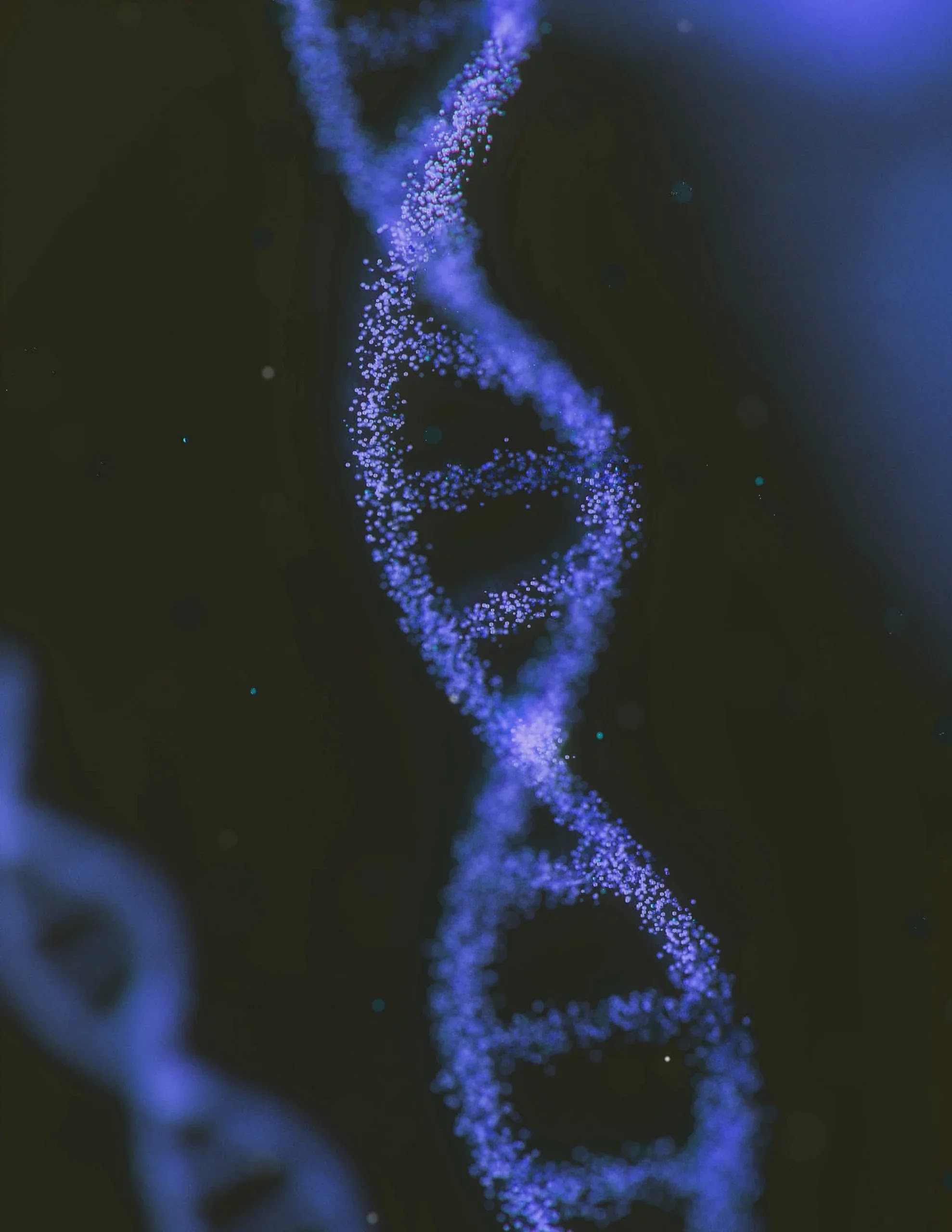Steph Batalis y Vikram Venkatram, del CSET, compartieron su análisis experto en un artículo de opinión publicado por el Boletín de los Científicos Atómicos. El artículo explora las complejidades y los desafíos del análisis de secuencias de síntesis de ADN para prevenir el uso indebido de secuencias genéticas potencialmente peligrosas.
CSET’s Steph Batalis and Vikram Venkatram shared their expert analysis in an op-ed published by The Bulletin of the Atomic Scientists. The article explores discusses the complexities and challenges of screening DNA synthesis orders to prevent misuse of potentially dangerous genetic sequences. It highlights how synthetic DNA enables groundbreaking research but also poses biosecurity risks, especially when sequences from pathogens or toxins are involved.
Batalis and Venkatram highlighted the challenges of customer screening, noting, “Ultimately, determining whether a legitimate researcher is good enough to receive a sequence of concern is subjective and will only get more challenging as more sequences are categorized as concerns in the future.”
Ultimately, determining whether a legitimate researcher is good enough to receive a sequence of concern is subjective and will only get more challenging as more sequences are categorized as concerns in the future.CSET Research Fellow Steph Batalis and CSET Research Analyst Vikram Venkatram
Fuente: https://cset.georgetown.edu


